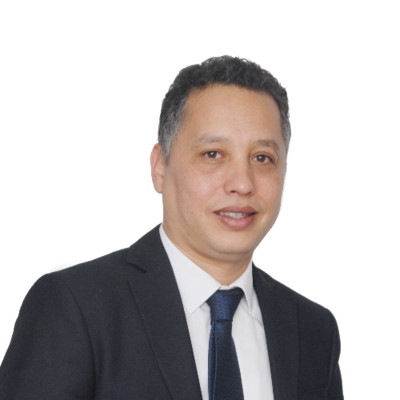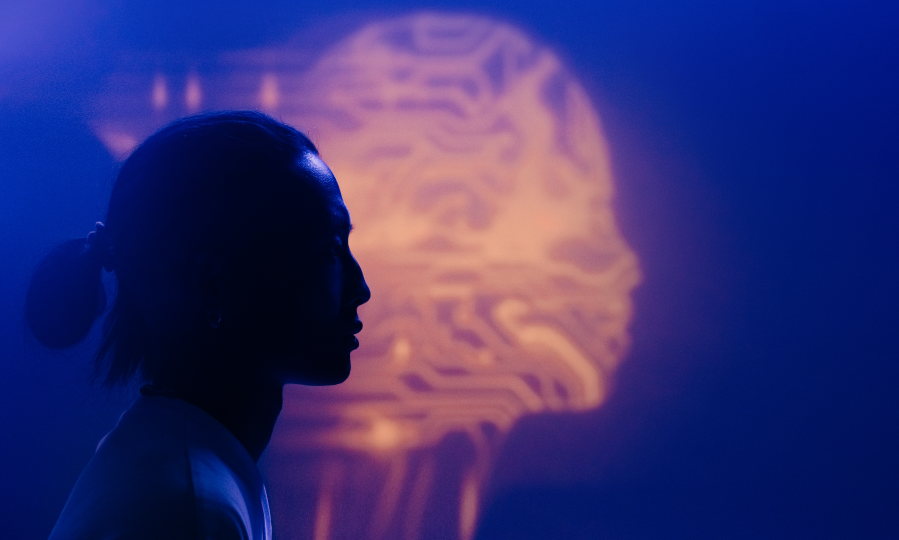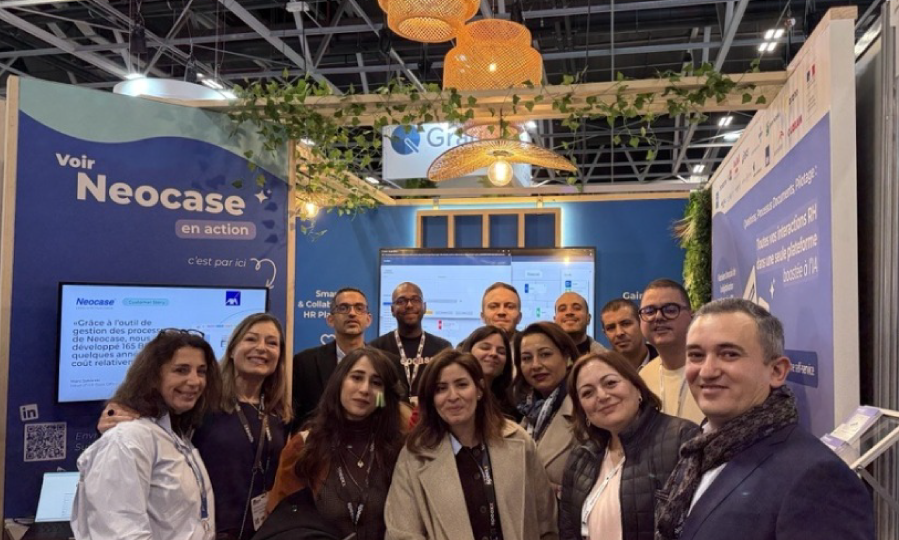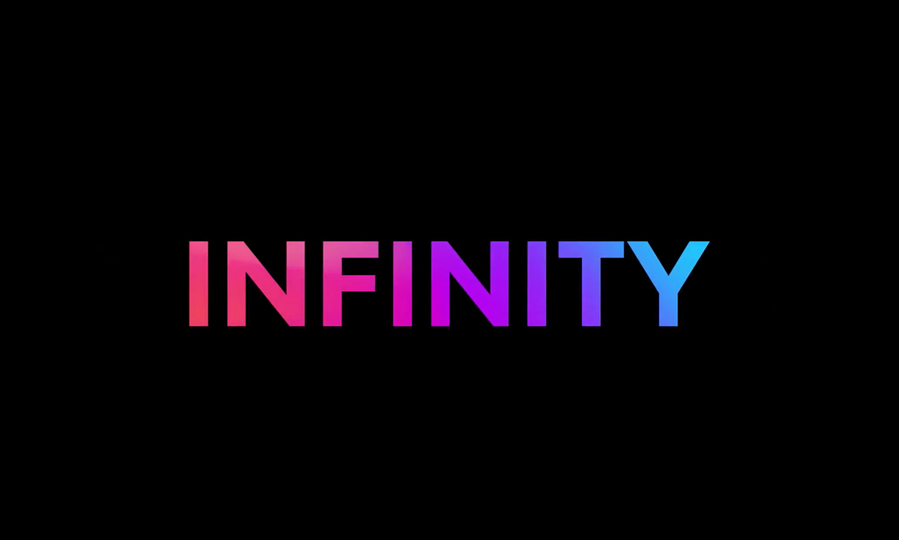HR TRENDS
AI in HR in Morocco: an opportunity for strategic transformation

SHARE THE ARTICLE ON

HR in Morocco is experiencing a revolution
Artificial intelligence (AI) is no longer a distant promise: it's already transforming HR practices worldwide. In Morocco, the AI revolution is taking place against a backdrop of accelerated corporate modernization, increasing digitization and the emergence of a new generation of talent. For HR departments in Morocco, AI is a strategic opportunity to optimize processes and boost employee engagement.
According to a joint study by BCG and ReKrute published in 2024, 52% of Moroccan executives already use generative AI regularly, placing Morocco in 4th place worldwide, on a par with China. This clearly shows that Morocco has a desire
for innovation, but urgently needs support implementing AI within an ethical, secure and high-performance framework.
HR in Morocco is undergoing profound changes
Human resources management in Morocco faces several challenges: attracting talent, building loyalty, upgrading skills and adapting to new employee expectations. The digital skills and technological literacy of younger people in Morocco make the adoption of AI necessary, though it will be difficult to keep them engaged. HR managers must deal with their company’s strategic orientations, the diversity of profiles and generational expectations.
In this context, AI is an essential tool for transformation. It can be used to automate administrative tasks and improve the quality of HR services provided. Some Moroccan companies in the banking and telecoms sectors have already
implemented predictive analysis tools to identify potential employee turnover as well as training needs, with convincing results in terms of employee retention.
This technology is a strategic ally in optimizing HR's role in organizational transformation, making it capable of anticipating changes in the job market and managing key skills. It provides predictive analysis capabilities for more
informed decision-making. It creates the conditions for an enhanced employee experience.
Use cases adapted to the local context
AI offers a wide range of practical applications for HR departments in Morocco:
- Recruitment: CV sorting process can be automated, atypical profiles detected and better job offers drafted.
- Training: adaptive learning platforms, personalized recommendations, dynamic skills mapping.
- Personnel management and payroll: automated processes, intelligent payroll analysis.
- Employee experience: digital assistants, smart payslips, personalized HR services.
In the industrial sector, AI is used to optimize workforce planning for peaks in activity. These examples show that AI can be adapted to a variety of situations, if it is integrated gradually, with personalized support.
Another promising use case is predictive talent management. By analyzing a company’s internal data (employee aspirations, desire for mobility, performance, commitment, etc.) and its strategic goals, HR departments can anticipate
future needs, identify critical skills and build individualized career paths.
Training, support and security: the pillars of responsible AI
Adopting AI in HR requires adequate support. There are three essential aspects:
- Awareness: heightening awareness among employees and managers on the uses of AI
- Training: improving technical skills (data, AI, cybersecurity) as well as other more broad skills (critical thinking, ethics)
- Governance: providing a framework for the use of AI through ethical charters, ensuring the transparency of algorithms, protecting personal data, etc.
One of the major challenges in Morocco is training HR professionals on issues of data and AI. Partnerships between companies, universities and the public sector are beginning to emerge to develop appropriate training courses. This is why we support our customers in Morocco in this process, offering opportunity studies that take into account digital maturity and compliance with local and international regulations.
Data governance is also a key issue. HR data, by its nature, is highly sensitive. The algorithms used to process it must be governed by strict rules that ensure its confidentiality and security with no discrimination. Internal ethics
committees, data governance policies and algorithm auditing tools should be implemented.
Enhanced, inclusive and strategic HR
AI enables HR departments to act as key players in the transformation of organizations. It paves the way for HR that is:
- Augmented: freed from repetitive tasks, focusing on support and advice.
- Inclusive: able to offer personalized services accessible to all, including people with disabilities.
- Strategic: equipped with predictive analysis tools to anticipate skill requirements, risks of turnover and employee expectations.
AI offers HR departments the means to strengthen their role as strategic advisors to senior management, by enabling them to model different scenarios on how jobs are changing and the impact of HR policies on overall company performance.
This transformation involves more than just using the right tools. It means redefining the role of HR: moving from operational support to being a strategic partner, capable of guiding a company's human transformation in a rapidly
changing world.




